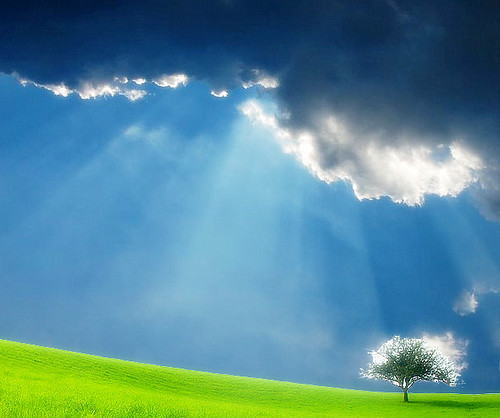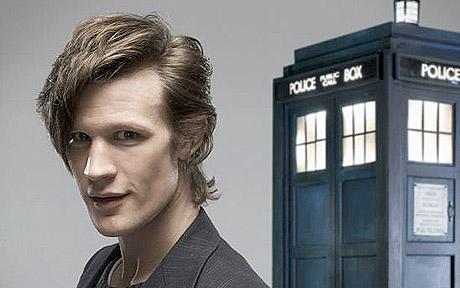 Movies: Music and Metaphor
Movies: Music and MetaphorThe inspiration of this blog is from a couple of places, first of all, while waiting at the video store for Katrina to make her choices, I was listening to the Movie Music channel on SiriusXM Satellite Radio. Yes I am still a subscriber and continue to enjoy the musical choices and channels. As I listened i thought about a discussion that took place on the podcast "
East Meets West". The question was, and this was a month or so ago, all I recall is listening to it as I waited for the bus, so that means on a Monday morning. The question was, is movie theme music the modern day classical music? There was a fair bit of discussion over the subject, from the definition of '
classical music', to what is theme music really about. I understand those who don't agree with the concept of movie music as 'classical music', since the term, in the narrowest of defimitions refers to a specific period of music. It is usually defined as music written between the
period 1750-1824. In the broader sense, it refers to any orchestral style music and performance. Usually anything before the 1940's, although contemporary, modern and post-modern music involves the use of orchestra and other styles which are with classical music. Certainly a great deal of movie scores are based upon orchestras. All one has to consider is anything by John Williams, for example. If you consider his works scored for the Star Wars series, for example, one finds new classical music. Part of the argument was that this music is usually variations of themes. As well, the music tends to be part and parcel of the movie or just part of the overall experience. This leads to the question, could the music stand on its own, as a piece of music, or does it need the visual cues of the film to assist with the enjoyment. To answer this question, I suggest listening to some film score, especially if you have seen the movie and ask yourself if you can see the scene or scenes connect with the score. The music is an important part of the enjoyment of the movie.
However, to this, one has to understand that much of classical music was background music for the wealthy patron of the composer. There was an expectation for pieces for special dinners and other special events. Not necessarily the symphonies, but the other songs. They were the soundtrack of life, if you wish and enhanced the social event, much as film scores enhance the enjoyment of the movie.
So I would have to say, that as we understand the term in the general sense, film scores can be considered classical music for our times.
As for metaphor, this is based upon the episode "
Rosebud", from the most excellent show "
Northern Exposure". Part of the story of the episode is the fact the shaman
Leonard Quinhagak, played by
Graham Greene seeks to learn about the healing properties of white folklore. What he ends up hearing is nothing but various urban legends. They confuse him, in fact after an encounter with Chris ( in the Morning), he asks the question:
How does the rise of capitalism explain the one about the woman in the VW?
Chris attempted ot explain an urban legend to him and failed.
However, as Leonard sits with Ed in a theatre, watching "Citizen Kane", he comes to a realization:
Leonard: Maybe this is white magic, movies. They do say they're magic. It seems to have healed you.
Ed: Yeah, my stomach feels better. But soon, the movie will be over.
Movies are indeed our stories, our mirrors in many ways. They are the escape mechanism, just consider the movies made during the Great Depression. They inspire and perhaps do bring a sense of healing to our lives.
The photograph on the top of the blog comes from, of course,
Casablanca, which is one of my favourite movies. I have often thought what makes the movie great, besides the acting, is the fact that Rick is willing to sacrifice his true love Ilsa and put her and her husband on the plane to Lisbon. If it was a typical romance in which he meets her and rekindles the romance in the usual way, it would have been a nice wartime romance, but it is in the sacrifice, and a willing sacrifice that makes the movie as great as it is. He does admit:
Rick: If that plane leaves the ground and you're not with him, you'll regret it. Maybe not today, maybe not tomorrow, but soon and for the rest of your life.
Ilsa: But what about us?
Rick: We'll always have Paris. We didn't have it before...we'd...we'd lost it until you came to Casablanca. We got it back last night.
Ilsa: When I said I would never leave you...
Rick: And you never will. But I've got a job to do, too. Where I'm going, you can't follow. What I've got to do, you can't be any part of. Ilsa, I'm no good at being noble, but it doesn't take much to see that the problems of three little people don't amount to a hill of beans in this crazy world. Someday you'll understand that. Here's looking at you, kid
To be honest, it is he who lost Paris. Although likely it was simply buried under his bitterness and anger. This is why he never stuck his neck out, he realized sticking it out for anyone was dangerous.
Of course, Captain Renault, at the end of the movie recognizes a few things that were happening with Rick:
Renault: Well I was right you are a sentimentalist
Rick: Stay where you are. I don't know what you're talking about
Renault: What you did for Laszlo and that fairy tale you invented to send Ilsa away with him. I know a little about women my friend. She went but she knew you were lying.
Rick: Anyway, thanks for helping me out.
Renault: I suppose you know this isn't going to be pleasant for either of us, especially for you. I'll have to arrest you, of course.
Rick: As soon as the plane goes, Louis.
The healing, to answer Leonard's question, takes place when Rick realizes he gained more by sacrificing his self-interests and demonstrate his true love for Ilsa. The cause she and Victor Laszlo represent are greater then his feelings of love for Ilsa and so he steps aside and lets them both go to Lisbon and freedom.

So here's looking at you kid.















